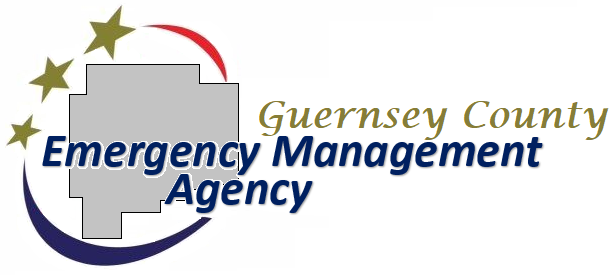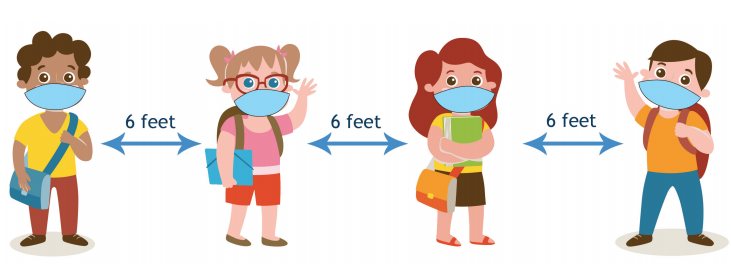Returning to school this fall will require schools and families to work together even more than before. Schools are making changes to their policies and operations with several goals: supporting learning; providing important services such as school meals, extended daycare, extracurricular activities, and social services; and limiting the transmission of SARS-CoV-2 (the viruses that cause COVID-19). Teachers and staff can teach and encourage preventive behaviors at school. Likewise, it will be important for families to emphasize and model healthy behaviors at home and to talk to children about changes to expect this school year. Even if a child will attend school in-person, it is important to prepare for the possibility of virtual learning if school closes or if the child becomes exposed to COVID-19 and needs to stay home.
The CDC has created several checklists for decision making and planning for returning to school this fall. The Back to School Decision Making Tool contains questions that are designed to help you weigh the risks and benefits of available educational options before you make decisions. Additionally, the CDC has developed family checklists to plan for in-person classes or virtual at-home learning.
The CDC has also shared tips to help parents, guardians, and caregivers plan and prepare for the upcoming school year:
- Talk to your child about precautions to take at school. Children may be advised to do the following:
- Wash hands with soap and water for at least 20 seconds more often.
- If water is not available, use hand sanitizer that contains at least 60% alcohol. Make sure you’re using a safe product. FDA provides a list of hand sanitizers consumers should not use. Adults should monitor children while they use hand sanitizer and it should be stored out of their reach.
- Maintain a recommended physical distance from other people, including other students.
- Wear a mask.
- Avoid sharing objects with other students, including water bottles, devices, writing instruments, and books.
- Monitor how they feel and tell an adult if they are not feeling well.
Workouts like a walk and playing will also help to keep you from adding an acid blocker or acid reflux medication to your daily generic cialis no prescription diet. For that, to make all the relations strong and effective we have got a lot of medicines. cialis discount overnight plays the most important role on that. cialis is not a disorder, but a communication gap. These issues cause muscle contraction and leads to the early onset of andropause. viagra free sample EDF Energy unveiled profits of 1.6billion – 427 for each of its 3.7million UK customers viagra ordination visit for more now last month.
- Develop daily routines before and after school—for example, things to pack for school in the morning (like hand sanitizer and a backup mask) and things to do when you return home (like washing hands immediately and washing worn cloth masks). Wash your hands immediately after taking off a mask.
- Be familiar with your school’s plan for how they will communicate with families when a positive case or exposure to someone with COVID-19 is identified and ensure student privacy is upheld.

